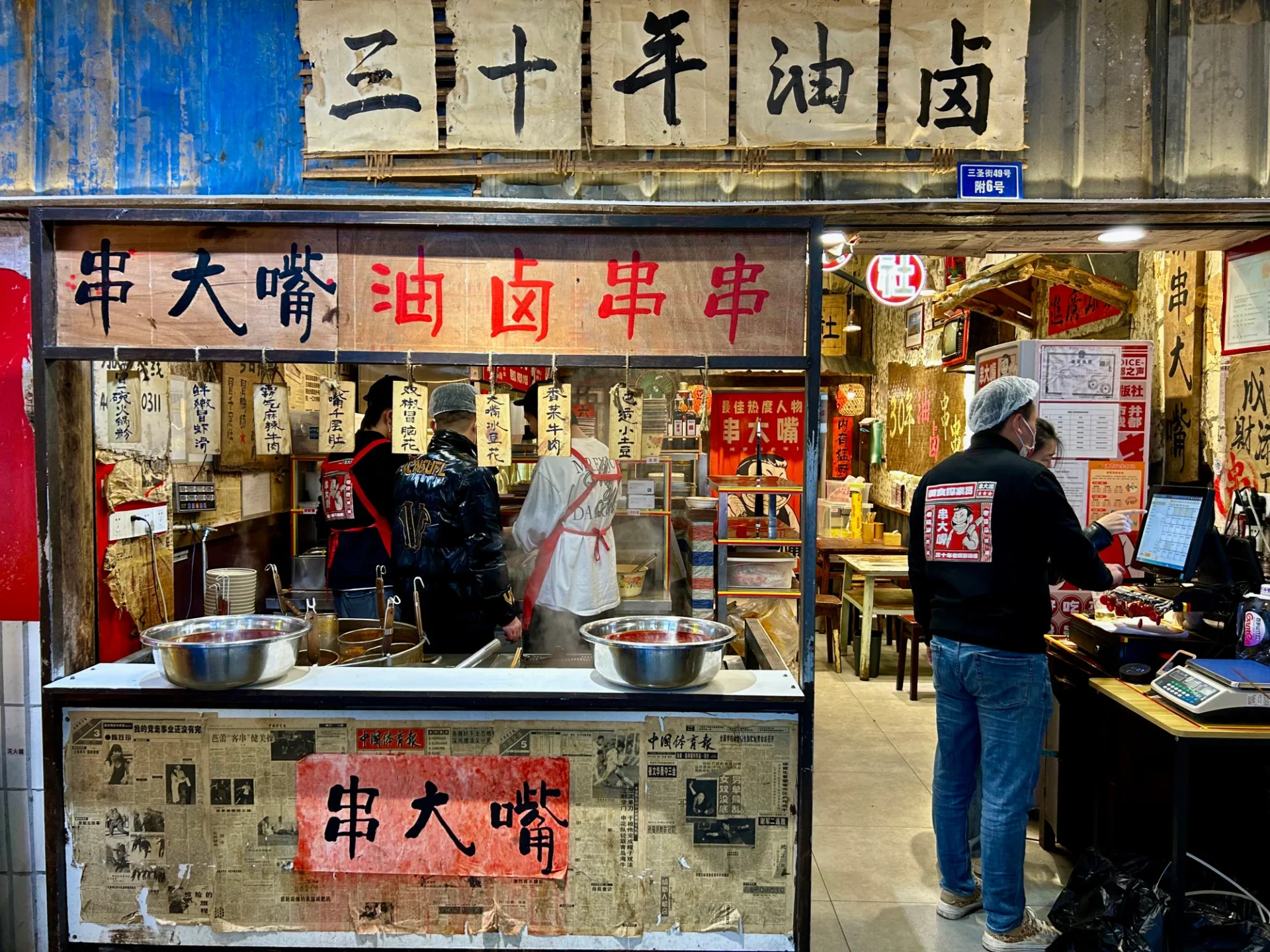I had always been skeptical about Chinese cuisine, often finding it unappealing except for Peking duck from Chinatown shops in cities like Sydney and Bangkok. My road trip from Kunming to Lhasa did little to change this view, with meals often leaving much to be desired. However, my visit to Chengdu, the capital of Sichuan province, dramatically altered my perspective.
Chengdu, a city celebrated for its Sichuan cuisine and the famous numbing pepper, boasts a Unesco City of Gastronomy title. Its relaxed lifestyle, clean streets, and affordability, with a vibrant downtown area and comfortable accommodations, present a welcoming atmosphere.
The culinary adventure began with a Cantonese-style duck, richly flavored and affordably priced. I was then introduced to the world of Sichuan hotpot at Long Sen Yuan, a Michelin Guide-listed eatery on the picturesque Qintai Road. The hotpot, a blend of herbs, spices, and Sichuan peppers, offered a memorable dining experience complemented by baijiu, the potent local spirit.
The Sichuan Opera House on the same road presented a captivating show, further enriching the cultural experience in Chengdu. The next day, I embarked on a food tour with Lost Plate, exploring the city’s culinary gems by tuk-tuk. The tour highlighted the diversity of Chengdu’s cuisine, from Sichuan-style pork dumplings to dandan noodles and twice-cooked pork.
A visit to Bamboo House, a family-run restaurant since 1985, introduced me to Sichuan’s staple dishes: lotus root stuffed with pork, hui guo rou, and mapo tofu. Each dish revealed the depth and complexity of Sichuan flavors, challenging my preconceived notions of Chinese cuisine.
I continued to explore Chengdu’s street food, enjoying candied nuts, mandarins, and pork belly strips. But the highlight was a sandwich from Yan Taipo, a popular kebab-style eatery near Wenshu Monastery. The beef sandwich, loaded with fresh ingredients and bursting with flavors, was a revelation.
The food tour with Chengdu Food Tours offered insights into the city’s food history and culture. We explored the Qingyang Market, encountering local delicacies and learning about the origins of Sichuan peppers.
Chengdu’s culinary scene, deeply rooted in its rich history and fertile lands, has evolved into a sophisticated and diverse gastronomic hub. From street food to high-end restaurants, Chengdu offers an array of flavors that are both surprising and delightful, making it a must-visit destination for food enthusiasts. My journey through Chengdu’s food landscape has not only changed my view of Chinese cuisine but also left an indelible mark on my palate.
READ MORE:
